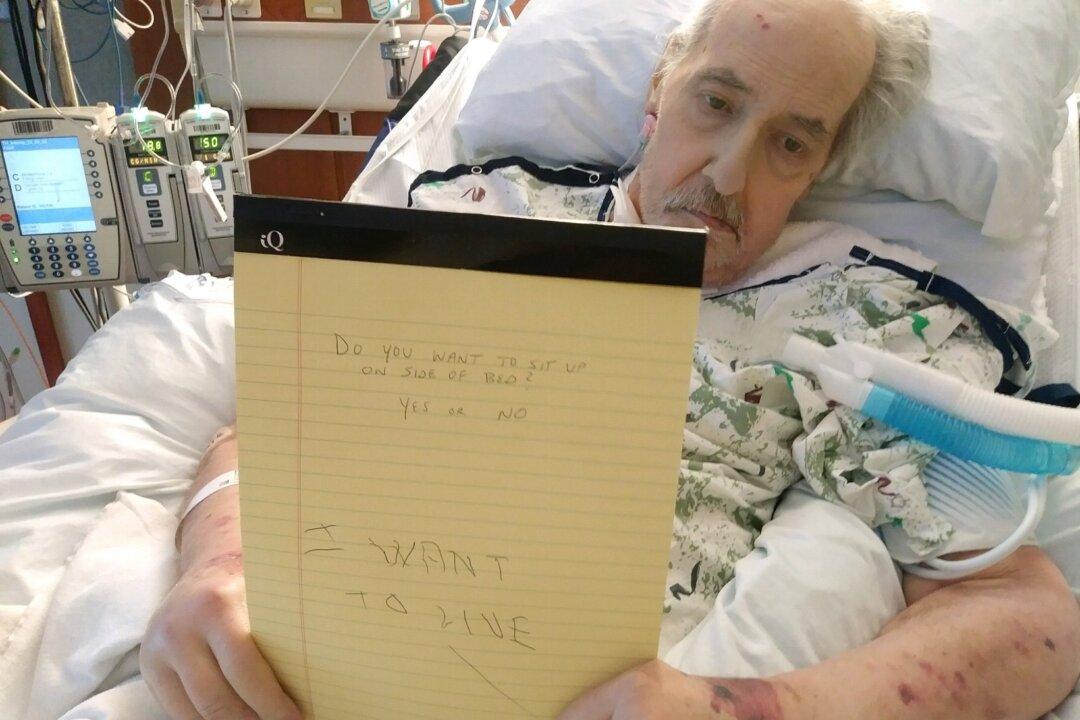Toy Hall of Famer Mark Boudreaux, a COVID patient whose lungs were destroyed by a prolonged period of time on a mechanical ventilator, will remain on life-sustaining machines for now.
A Hamilton County probate judge in Ohio stopped Bethesda North hospital on Tuesday from going through with its plan to remove Boudreaux from a dialysis machine. The patient had expressed the wish to live.




